For many years, Jazz at Lincoln Center (JALC) has served as a global guardian of jazz, the genre that helped define American culture and which the organization considers to be a symbol of democracy. Through its collaboration with the NBA Foundation, JALC keeps bringing jazz’s influence to the next generation by providing young Black musicians with community, mentorship, and opportunities through excellence-based programs. The foundation’s support enables Jazz at Lincoln Center to provide more than just music education; it establishes enduring cultural infrastructure that enables Black talent to flourish, from international high school festivals and early childhood education to college-level intensives at Historically Black Colleges and Universities (HBCUs). Todd Stoll, Jazz at Lincoln Center’s Vice President of Education, stated, “We’re not just teaching notes.” “We are imparting dignity, voice, and possibility to our students.” Serving the swinging city Although Jazz at Lincoln Center has a global influence, its origins are firmly rooted in New York City. Thousands of local families and students participate in JALC activities at home every year. The Jazz at Lincoln Center Orchestra, the organization’s education faculty, and curricula for all ages are changing the way that jazz performance and appreciation are taught, whether it is through community classes in libraries and neighborhood centers, free workshops at the organization’s home Frederick P. Rose Hall, or in-school concerts in all five boroughs. Over 2,600 classes, concerts, seminars, and presentations were held by JALC in the 2023–24 season alone. This included approximately 500 classes at three Middle School Jazz Academy (MSJA) campuses in Manhattan, the Bronx, and Brooklyn, as well as over 300 Let Freedom Swing events in nine cities. More than 45,000 students and families, many of whom lived in urban communities with little resources, were eligible for these services at no cost. Every year, more than 60 middle school children in New York receive intense instruction in jazz terminology, ensemble performance, and improvisation via JALC’s MSJA program. After 26 weeks of instruction, students perform live at JALC’s venues. Early learners take part in WeBop, a jazz education program for kids under seven and their caregivers. Enrollment is almost full, and the program currently offers over 15 weekly lessons per term. In order to foster a sense of community among families and expose kids to jazz greats like Ella Fitzgerald and Louis Armstrong, the curriculum combines storytelling, dance, and music. Additionally, JALC connects jazz to teachings in democracy, identity, and civil rights by bringing live music and history into NYC public schools through Let Freedom Swing. These programs are long-term investments rather than one-time events. Year after year, students come back. Concerts become a family tradition. And as a pillar of arts education, schools rely on JALC’s presence. A nationwide pipeline for aspiring musicians Jazz at Lincoln Center strives to establish jazz education as a national norm outside of New York. Through initiatives like Essentially Ellington and Jazz for Young People, JALC gives instructors, students, and schools nationwide the resources they need to create their own jazz ecosystems. In essence, Ellington, which is in its 30th year, gives students access to workshops, educator manuals, professional-caliber arrangements, and rehearsal recordings. Over 39,000 kids from 1,400+ ensembles participated in the program this year alone, many of whom attended public and Title I schools. At Jazz at Lincoln Center’s home in Manhattan, the program culminates in an annual international festival when the best high school bands in the world are chosen to play and get mentoring from JLCO members on the same stage that has played host to generations of jazz greats. “Ellington is essentially a rite of passage, not just a program,” Stoll stated. “Regardless of their background, it provides students worldwide with the opportunity to learn this music at the highest level.” assisting the upcoming generation of leaders at HBCUs Additionally, the NBA Foundation has played a key role in the establishment of Jazz Mentors, an expanding program that takes JALC’s teaching artists straight to HBCU campuses. During its initial year, the program worked with 15 partner schools to provide students and band directors with professional development workshops, sectional training, and in-person clinics. Twelve HBCUs came together for mentoring, competition, and community development during Jazz Mentors’ multi-day Jazz at Lincoln Center Orchestra & Virginia Arts Festival residency in Norfolk, Virginia, in April. The top band, Florida A&M University, opened for the JLCO. Vincent Gardner, a trombone and former Florida A&M University student, joined them on stage. Over 2,000 participants and attendees were influenced by Jazz Mentors overall, and there are hopes to grow even more in the upcoming year. Jazz at Lincoln Center is creating a deliberate pipeline through this program to assist Black musicians at every point of their careers, from public school students to college artists to professional performers or educators. Where innovation and history collide Black Music Month is an opportunity to invest in the future as well as to pay tribute to the past. Both are accomplished through Jazz at Lincoln Center’s partnership with the NBA Foundation, which honors jazz’s heritage while providing young people with the means to continue it. Jazz at Lincoln Center introduced 141 new pieces to its performance library this season, including 74 new arrangements and 20 commissioned compositions, many of which are currently being used in its educational initiatives. JALC is currently creating the world’s most extensive living record of jazz by conserving these compositions and recording performances. Not only is the culture being preserved, but it is also being advanced. Jazz at Lincoln Center and the NBA Foundation are collaborating to create a new environment where jazz is lived rather than merely recalled. They are assisting young people in discovering their sound and position within the tradition by providing them with access, visibility, and mentorship. Jazz isn’t meant for a museum. It is a language of liberation that is alive and well. Additionally, this collaboration guarantees that it will continue to develop under the direction of young Black artists who represent its future.
Search
Latest Posts
Latest Comments
Categories
Archives
- June 2025 (50)
- April 2025 (30)
- March 2025 (2)
Tags
Newsletter
“

By signing up, you agree to the our terms and our Privacy Policy agreement.
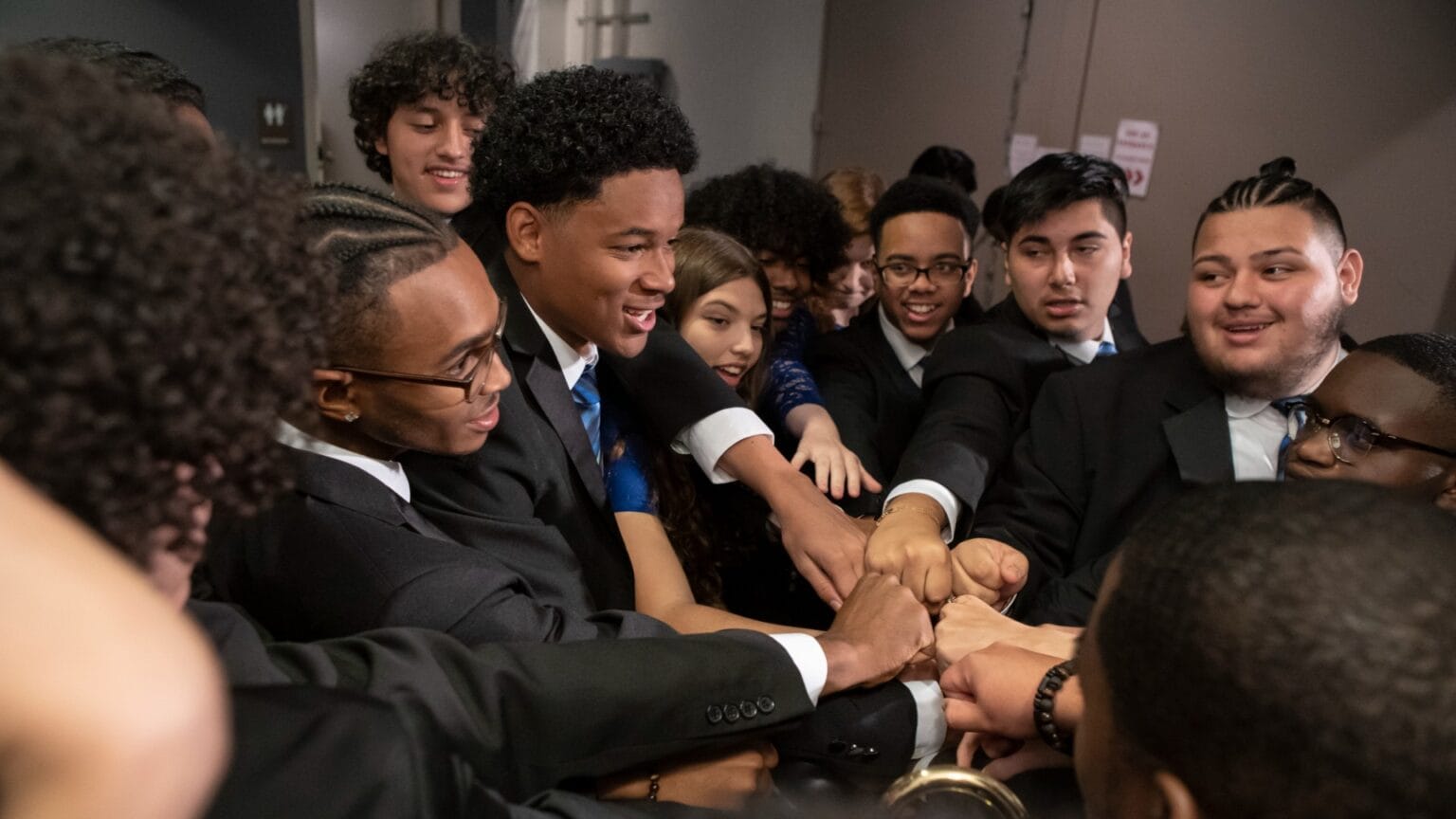
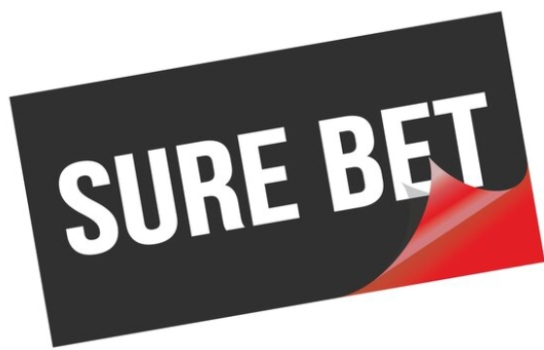
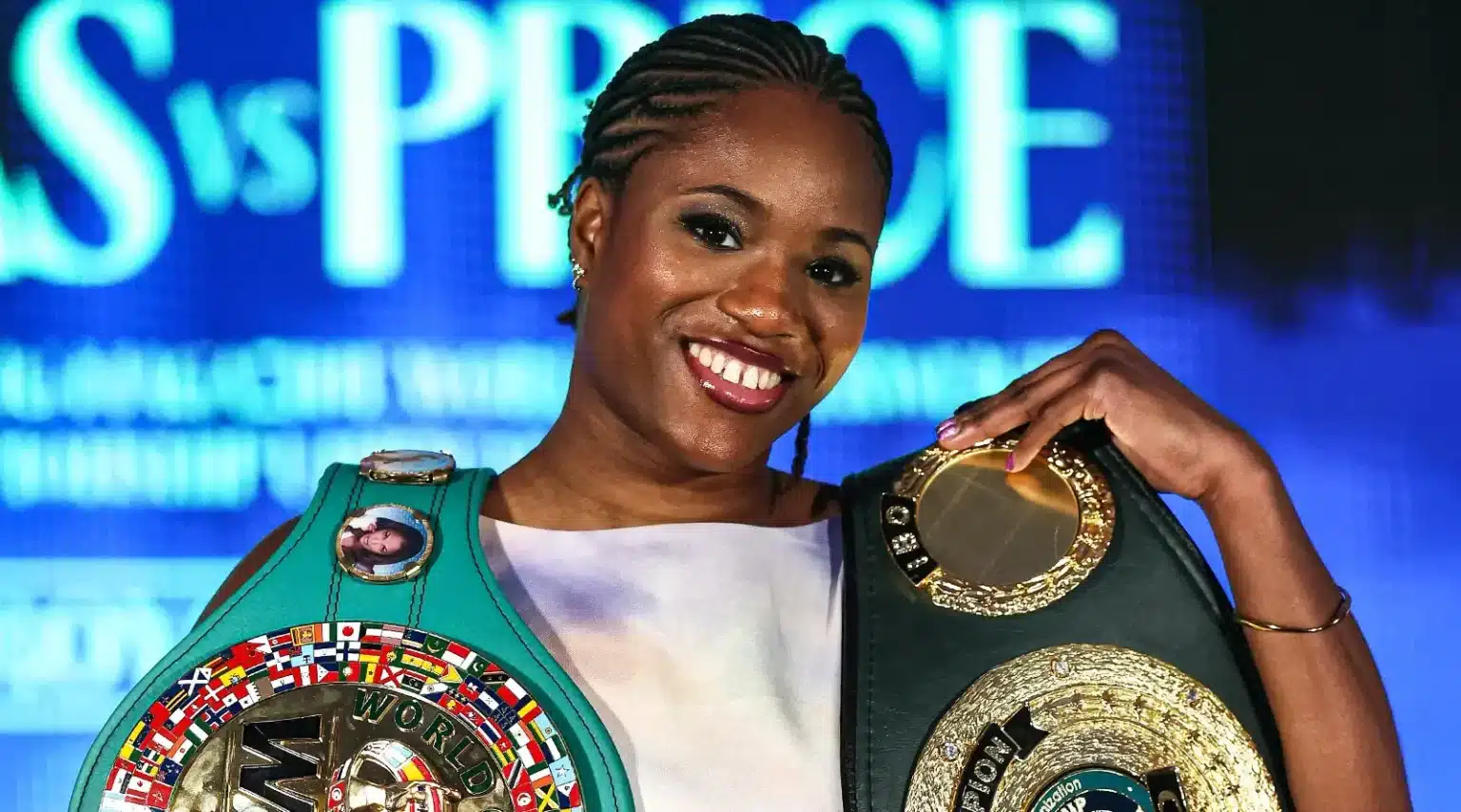
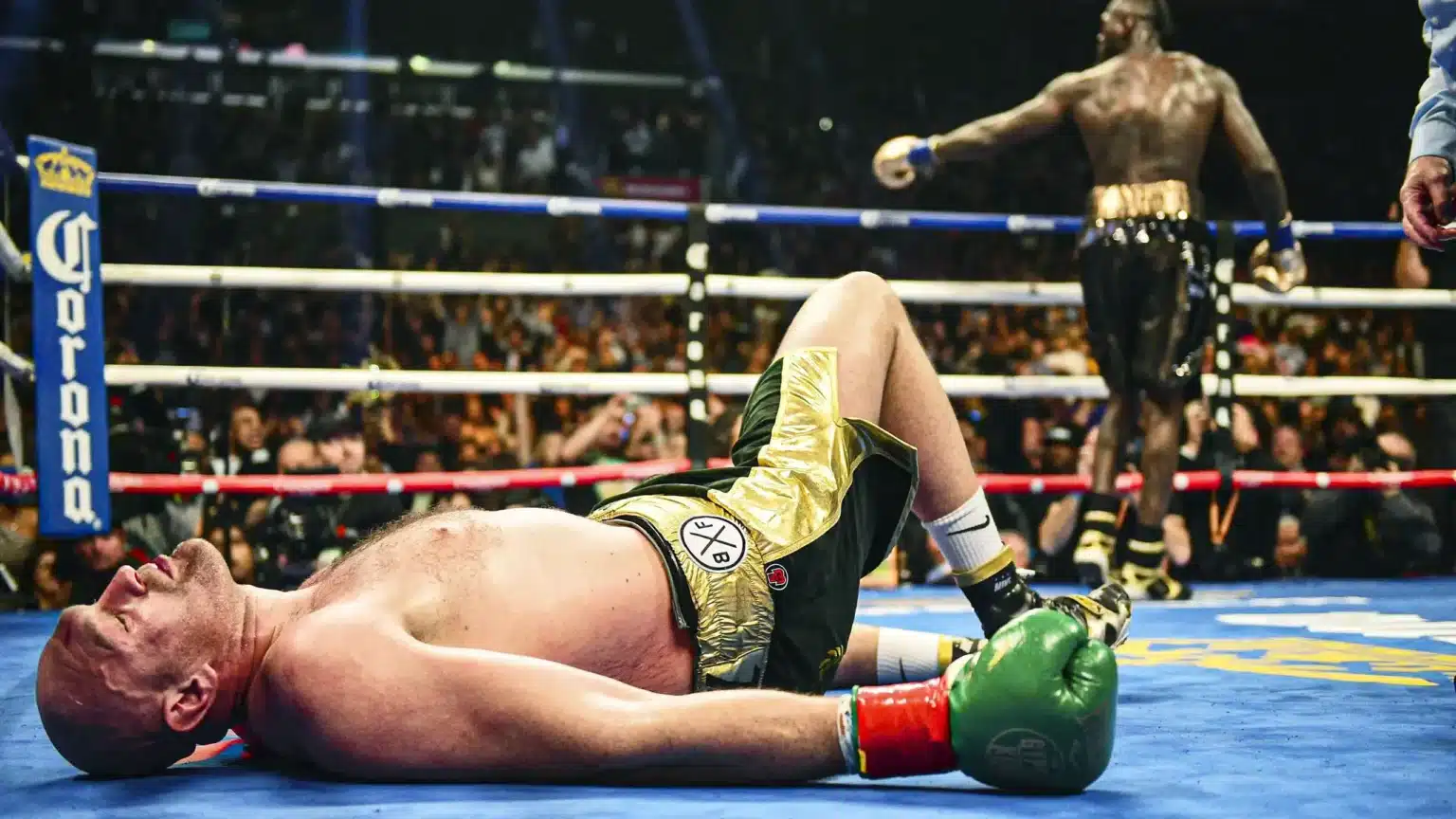
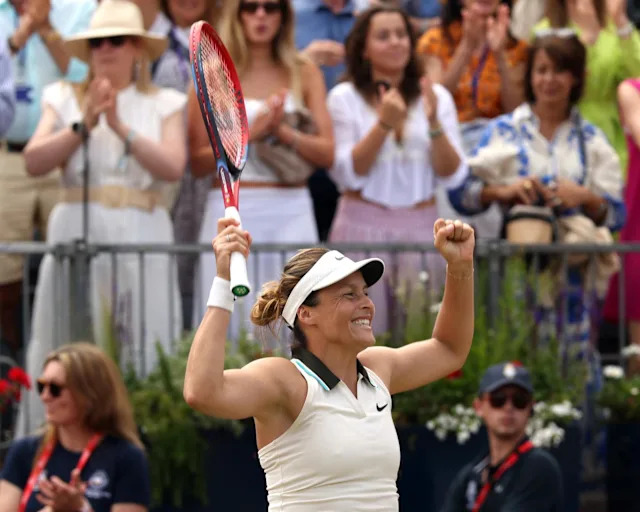
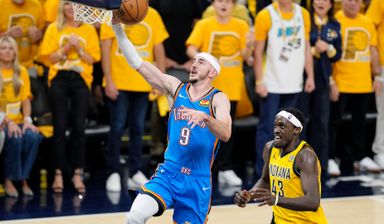
Leave a Reply